We recently conducted a survey, asking people to describe how they were feeling using one word. A resounding amount of people responded with the word ‘DONE.’ People have had enough since March 2020. We are permanently changed from living during COVID-19.
We are seeing educators, health practitioners, and families pitted against one another. The divides around ideas, beliefs, values, and actions have become expansive. We are weary, wobbly, and discouraged. The feelings of numbness and hopelessness are a result from direct and indirect exposure to pain, suffering and uncertainty. It is hard to hold hope after such a long change season. And what is exasperating our collective weariness is being told that personal resiliency and self-care is the remedy.
BAND-AIDS ON BULLET WOUNDS
Telling someone to be resilient or self-care themselves back to good when the world is on fire is like putting a band-aid on a bullet hole. It might stop the bleed for a millisecond, but the injury needs a proper intervention. As a scholar of resiliency and wellness, I am deeply concerned with how resiliency and wellness are being weaponized.
Amid systems of corruption and deconstruction, plus social injustices, telling people to just be more resilient or up their self-care is cruel. The reality is that organizations, systems, and companies need also carry some responsibility in addressing the demands on their people. The demands are rising, and our supply of self-care is not proportionate. Professional care is also needed. Self-care is what we bring. Professional care is what an organization can do to mediate and address the stressors. There needs to be a shared responsibility for taking care of the worlds we work and live in.
THE PACE OF CRISIS LIVING COMES AT A COST
We have experienced living for more than two years in a crisis, yet many of our professional and personal roles and responsibilities still have us in the early crisis pace and mode. People are on high alert in the immediate aftermath of a crisis; change and responsive action are required. We are not future- focused. We are surviving at the moment and trying everything to minimize the blast radius. With all that is being asked of us, our plates are broken from the weight of everything, and now the platter we are balancing is starting to overflow too. Our nervous system is under-developed for the task at hand. The system is in a constant state of threat and survival. Our emotions are relentless, our brains are sizzling from overwhelm yet we feel pressure to make all this living look easy. When did we pick up this ideal that professional people are meant to make their lives effortless? Living is not effortless. It is complex, messy, and ever-changing. And perhaps, just when we think we are hitting our stride, the ugliness of humanity takes centre stage again.
We have moved from juggling watermelons blindfolded to juggling chainsaws on fire. I recently commented in a presentation that I feel as though I have brought a fruit roll-up to a knife fight. And in the weariness of our brains sizzling, our children missing key milestones, and being in another wave of an even more contagious virus, WE feel we are not doing enough. We believe we are not resilient. Or maybe we are just tired of being resilient or living in systems that require this degree and scope of resiliency to cope.
THE PERPETUAL LOOP OF WAITING UNTIL MONDAY TO START
As a behaviorist, I have a deep appreciation for the use of tools and strategies to help people adapt, cope, learn, and grow. I can also read the room, and I know the last thing people want right now is to do more. So, here is my invitation, let’s try to take small, consistent, and purposeful steps towards looking after ourselves as we continue to work on regulating a hurting and broken world. Give yourself permission to co-exist with dual truths. The world is a scary place, and I am safe. This is for you to start to hold hope again. To believe that we will weather this storm and look after ourselves in the process. Better days are ahead. We must fiercely protect this belief for ourselves and one another.
I invite you to give yourself permission to start feeling good again where you can, during this season of uncertainty and change, not waiting until afterwards to start getting back to those good feelings and thoughts. We are in a perpetual loop of waiting until Monday to feel better. This is a false promise we convince ourselves is true. Once I feel better, and the world is better, then I will be okay. This ‘when-then” mindset keeps us stuck. It is now that counts. You cannot outthink stress. To do this work, we must acknowledge and validate that we have some unlearning to do. We must feel our way back to good now, not when.
DIRECTION MATTERS – HOPE-FORWARD
Take a moment to reflect on how many broken promises you have made with yourself. I will feel better once everything is back to ‘normal’, there is no normal, just new familiars, yet you are still not feeling better. I will get up earlier tomorrow to go for a walk, then don’t. I will take a lunch break today, then work right through it. These broken promises to ourselves matter. We need to acknowledge that we may not have always had the best history with change or improving our emotional state, yet we can. There is no shame here. Building awareness and having a plan to point yourself in the direction you wish to travel is paramount. Creating realistic systems and habits will make a difference. You need to hold a vision of your desired emotional state. Right now, many of us are looking where we DON’T want to go, wondering why we are heading in that direction. Just like in white water rafting, don’t look where you don’t want to go, or you will inevitably paddle yourself to that very spot. Focus on being well in your ‘here and now’ body and mind. We must hope-forward while being present. Self- awareness really is a super-skill in uncertain seasons.
We must find a way to be okay DURING the change season. This is for you, not the establishment. And what is terrific about this truth is that when you start feeling better, our perspective shifts from threat-tunnel focus to broader views, increasing problem-solving, critical thinking and innovation. And that is the mindset we need to solve the problems that are plaguing us right now. Steady yourself in a hope-forward mindset.
What are some of my program’s wise practices that can accomplish this?


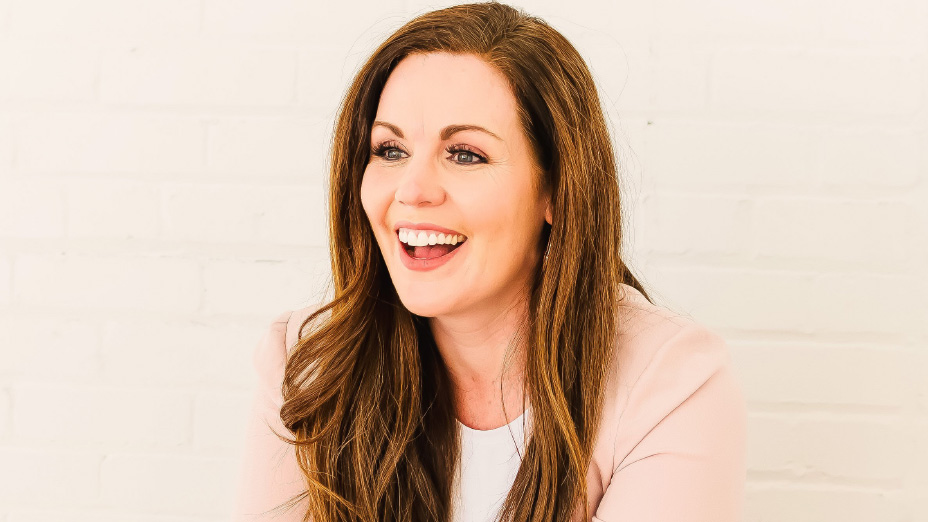

.png)
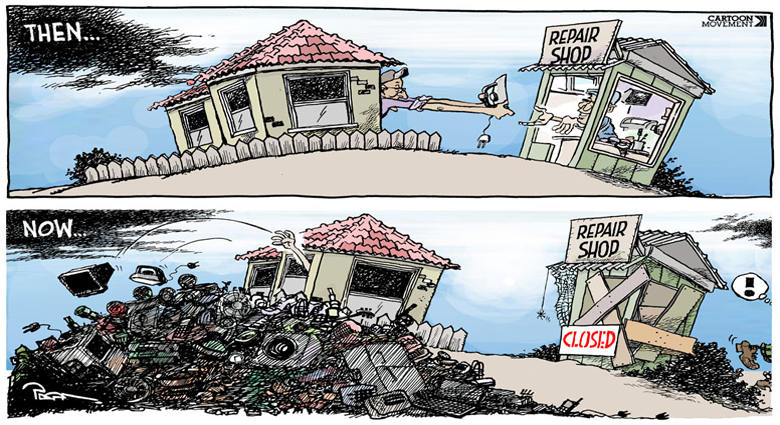
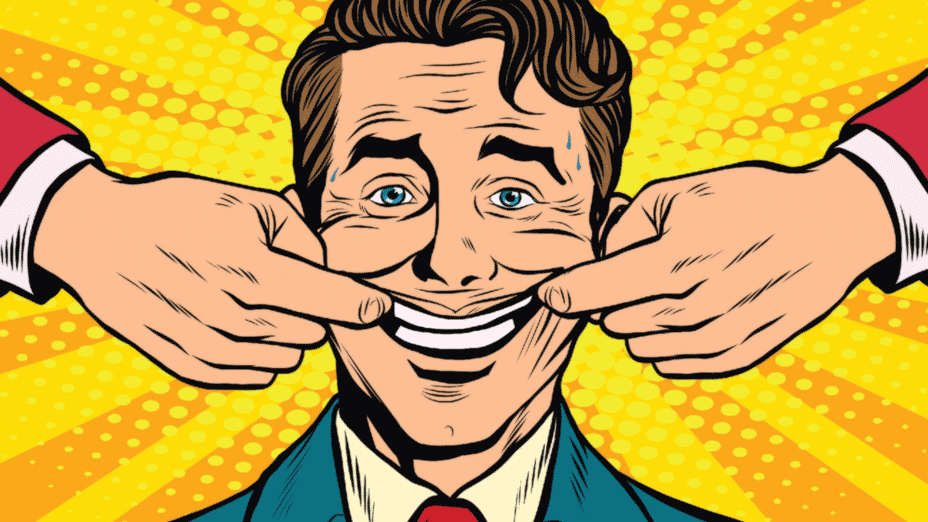
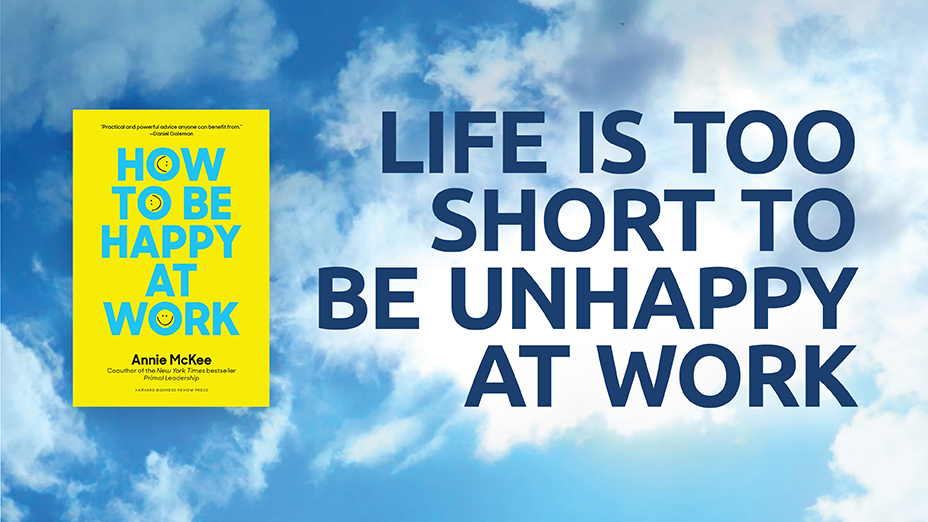
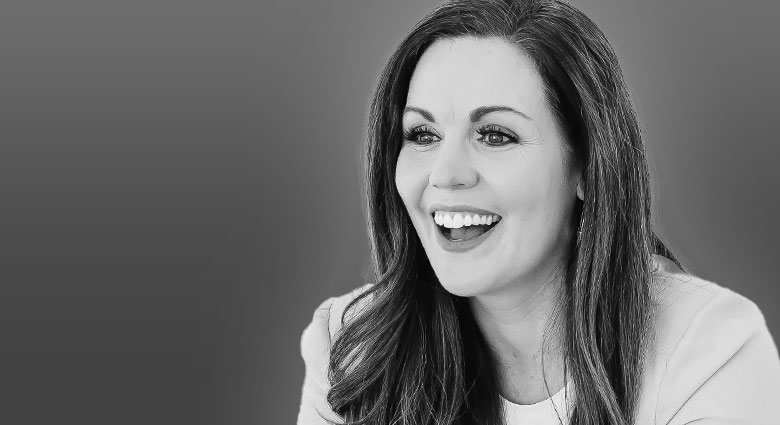
What Did You Think?